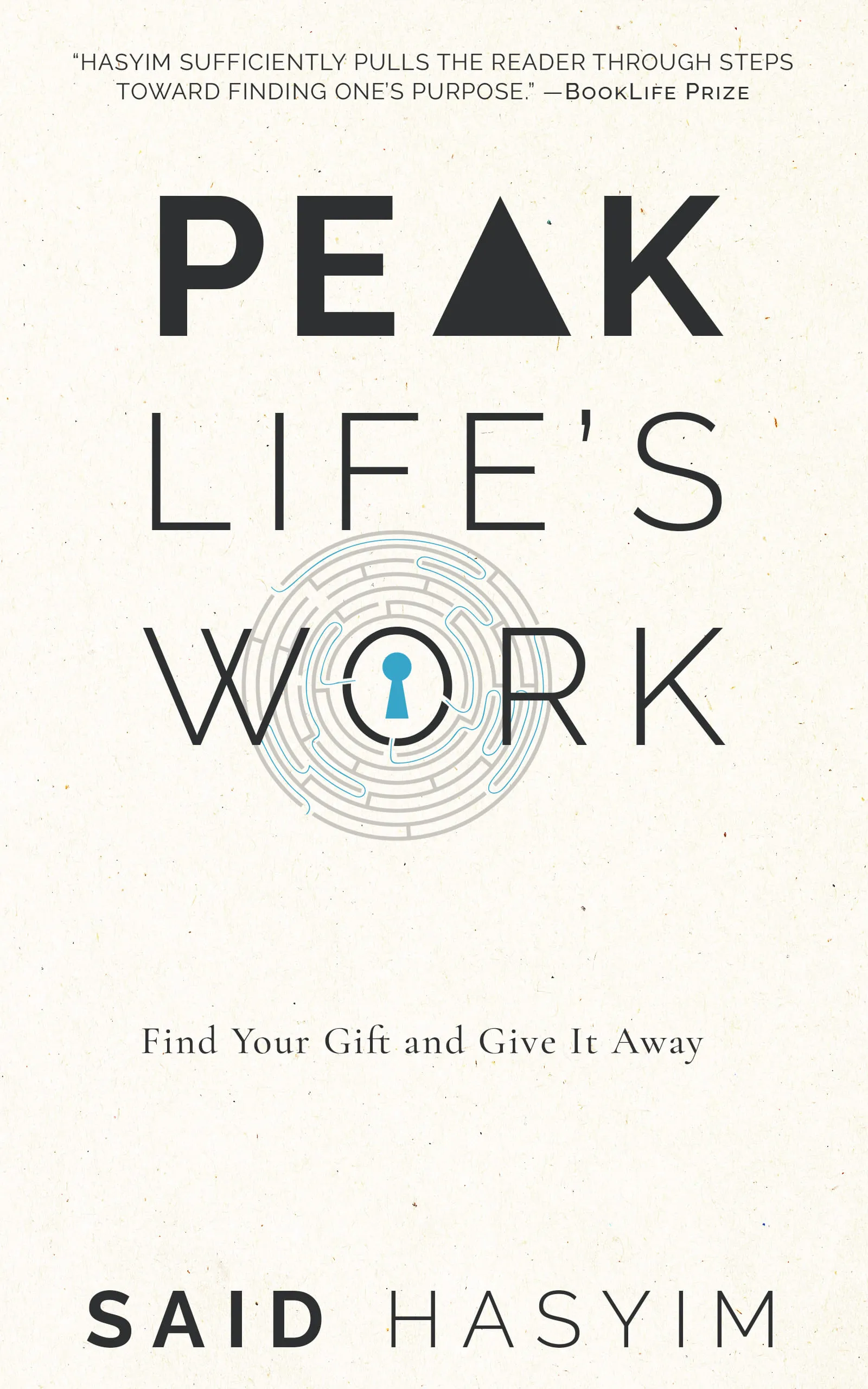The Art of Gift-Giving: More than Material Things
Gift-giving is an ancient tradition, steeped in history and intertwined with cultural practices across the globe. For many, it is a way to convey feelings of love, gratitude, and connection. However, as we dive deeper into the intricate nuances of this timeless practice, it becomes clear that gift-giving encompasses more than just material possessions. In this blog post, we'll explore the significance of thoughtful gifting, the emotional aspects it embodies, and how it can foster deeper connections between individuals.
The Meaning Behind Gift-Giving
At its core, gift-giving is a form of communication—an opportunity to express emotions that may be challenging to verbalize. Gifts serve as tangible symbols of affection, care, and appreciation. They can reflect social bonds, celebrate milestones, or convey our acknowledgment of someone's impact in our lives.
Celebrating Relationships
Whether it's a birthday, anniversary, or a simple gesture of kindness, gifts mark significant moments in our relationships. They act as a reminder of our connection to one another, reinforcing bonds and creating shared memories.
Cultural Significance
Different cultures have established unique customs around gift-giving. In some traditions, it is customary to give gifts during specific holidays or to mark important life events. Understanding these customs enhances our appreciation of the act itself and allows us to engage more meaningfully with others’ traditions.
An Expression of Empathy
Thoughtful gifting can show that you genuinely understand and appreciate someone's feelings, preferences, and needs. It demonstrates empathy and the desire to make others feel special.
The Psychology of Gift-Giving
Psychologist David M. Buss has pointed out that gift-giving can serve a myriad of functions in human relationships. Here are a few psychological dimensions to consider:
Reciprocity
Gift-giving often establishes a cycle of reciprocity. When we give a gift, we may foster an environment where both parties feel valued and motivated to maintain the relationship. This creates a balance of giving and receiving that can strengthen bonds.
Altruism
Engaging in gift-giving can evoke feelings of joy and satisfaction, especially when the gift comes without expectation of return. This altruistic side of gift-giving can enhance an individual's emotional well-being and promote happiness.
Identity Affirmation
Gifts often serve as a form of self-expression. When choosing a gift for someone, we reflect our understanding of them while also conveying our personal values and identities.
The Importance of Thoughtfulness
Not all gifts are created equal. The distinction between a generic gift and a thoughtful one lies in the effort and consideration involved in the selection process. Here are some key elements that enhance the thoughtfulness of a gift:
1. Listen and Observe
Understanding what someone truly values is paramount. Take time to observe their interests, passions, and aspirations. This can include subtle hints they've dropped in conversation or exciting developments in their lives.
2. Personalization
Tailoring a gift to an individual's personality can transform an ordinary present into a meaningful experience. Consider customizing items, writing heartfelt notes, or crafting gifts that have sentimental value tied to shared memories.
3. Experiences Over Items
Rather than presenting tangible items, consider gifting experiences. Activities like cooking classes, concerts, or adventures can foster connection and create cherished memories. These shared moments often leave a lasting impact more profound than any object could offer.
4. Emphasize Intent
When giving a gift, be clear about your intentions. Expressing why you chose that specific item or experience shows depth and sincerity, making the recipient feel valued and understood.
Navigating the Complexities of Gift-Giving
While gift-giving can be filled with joy, it also comes with unique challenges. To navigate this landscape effectively, consider the following:
1. Avoiding Materialism
The essence of gift-giving should transcend mere acquisition of things. Focus on the feelings evoked by your gift rather than its monetary value. Gifts from the heart often carry the most significance, regardless of price.
2. Be Mindful of Situations
Different contexts call for different types of gifts. When attending a corporate event, for example, consider the appropriate balance between professionalism and personal touch. Being aware of your audience can guide your decision-making and prevent awkwardness.
3. Allowing for Different Perspectives
Individuals have varying cultural backgrounds and personal experiences that shape their views on gift-giving. What might be meaningful to one may not resonate with another. Approach each gifting opportunity with an open mind to respect these differences.
Conclusion
The art of gift-giving transcends the act of exchanging material items. It encompasses emotions, cultural significance, and the depth of relationships. The most impactful gifts arise from thoughtfulness, empathy, and a clear understanding of the recipient’s unique essence. By honing our skills in meaningful gifting, we not only enrich the lives of those we care about but also foster our own emotional well-being by strengthening the connections that matter most.
As we move forward in our journey of gift-giving, let us remember that the best gifts are born from love, intention, and the richness of human experience. Whether you choose to give a handmade card, a shared experience, or a cherished item—what truly matters is the sentiment behind it. So the next time you find yourself in a gifting situation, think beyond the material and embrace the art of meaningful connections.
Start Your Transformative Journey
Peak Life's Work, a transformative book to unlocking your true potential and finding purpose. Learn science-backed strategies from top performers to enhance skills and creativity. Gain insights into success and failure while uncovering your personal talents. With practical steps for self-discovery and nurturing talent, this book equips you for a fulfilling journey toward your greatest work.
